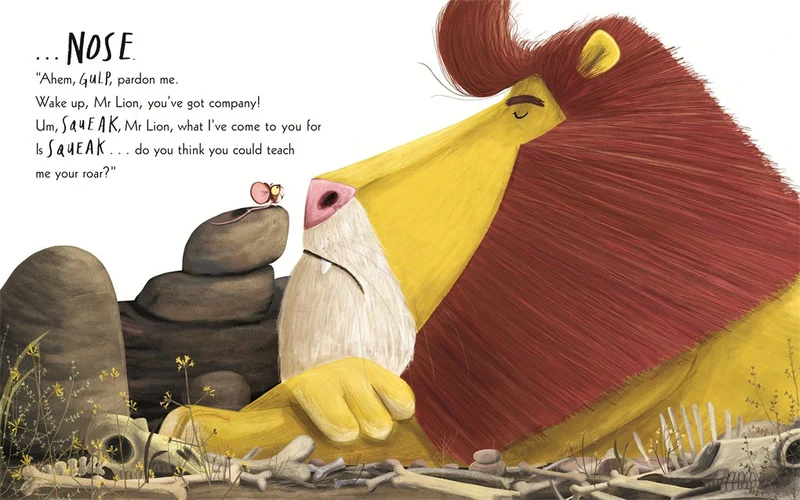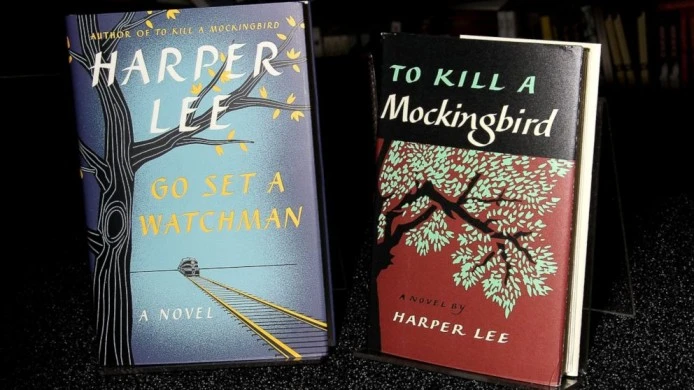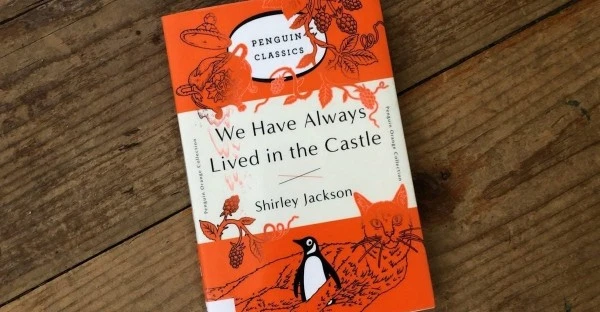Home Is Where Her Story Was. Leaving Helped Her Find It.

LONE STAR “I’m 52 and this is my first novel,” says Elizabeth Wetmore, the author of “Valentine,” which is now at No. 10 on the hardcover fiction list. She worked on the book for years, taking frequent breaks to teach, pursue freelance editing projects and raise her son. Going without a paycheck was not an option: “In the end, I think I was finally able to finish because my husband took on a second job. And one of the promises I made to myself was that, if I ever was able to sell a book, I would be mindful about talking about what this looks like for working-class writers, writers who don’t come from families or communities where people are saying, ‘Yay, write full time.’”
“Valentine” takes place in Odessa, Texas, where Wetmore grew up. She says, “There was a time when I was a teenager when I came to believe — falsely, of course — that there were girls who stayed and girls who left. I wanted very much to be one who left.” She struck out on her own at 18, becoming one of the first of her family to attend college. She also waited tables, tended bar, drove a cab and painted silos and cooling towers at a petrochemical plant.
Wetmore never moved back to Texas but went back as often as she could afford to, taking long drives to get reacquainted with her hometown. Wetmore says, “It took me a long time to be able to see the place clearly. I had to fall back in love with the land and the people in a way that made it possible to write with nuance and sympathy.”
“Valentine” grew out of two questions: What do you do when a stranger comes to your door, and how can the fallout from that encounter affect a whole town? Wetmore’s stranger is a 14-year-old girl who has been brutally attacked in a nearby oil field. Readers learn what happens next through the eyes of four women whose individual chapters read like fully developed short stories. This was by design, says Wetmore, who prefers to work in that form. She toggled between perspectives as she wrote, eventually plastering her bedroom walls with notes on butcher paper that helped her keep track of the action.
Of course the publication of the book has not been without its challenges. Wetmore’s author tour was canceled before it started. But she says she has enjoyed virtual events, and especially receiving messages from her readers. One of her favorites was from a woman in Texas. It said, “I live here, you nailed it, thank you so much for writing this book.”




